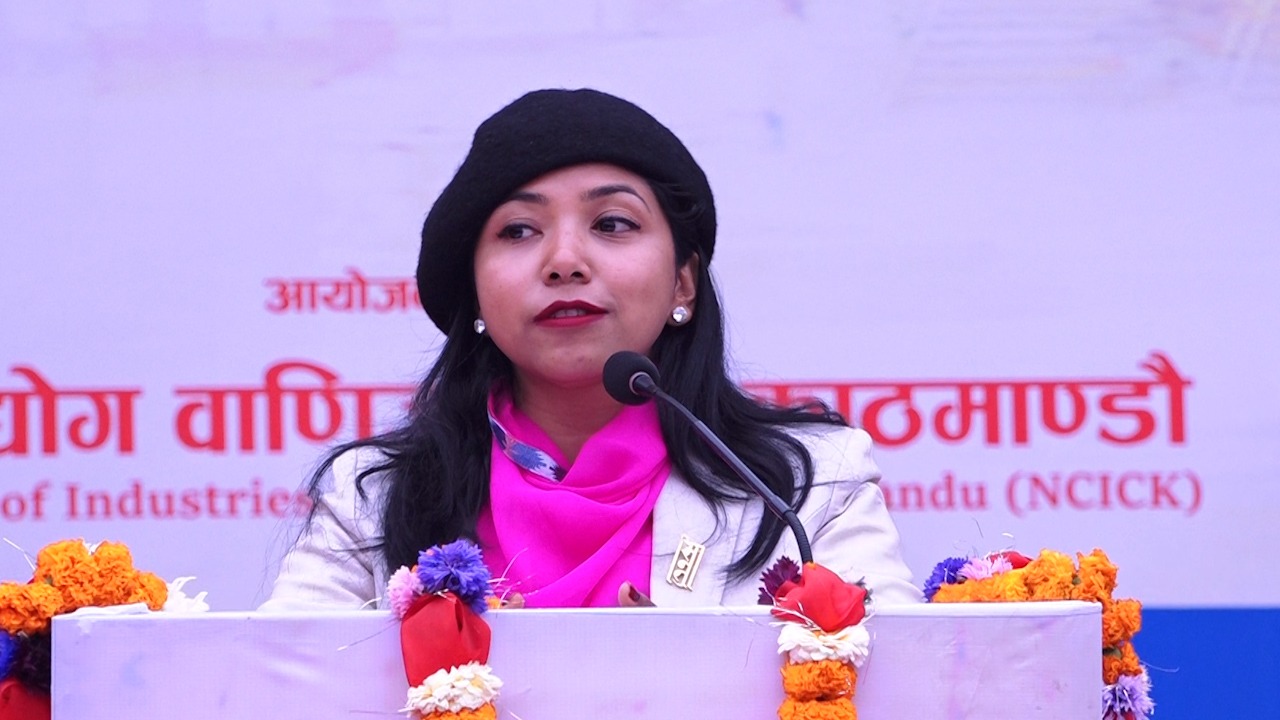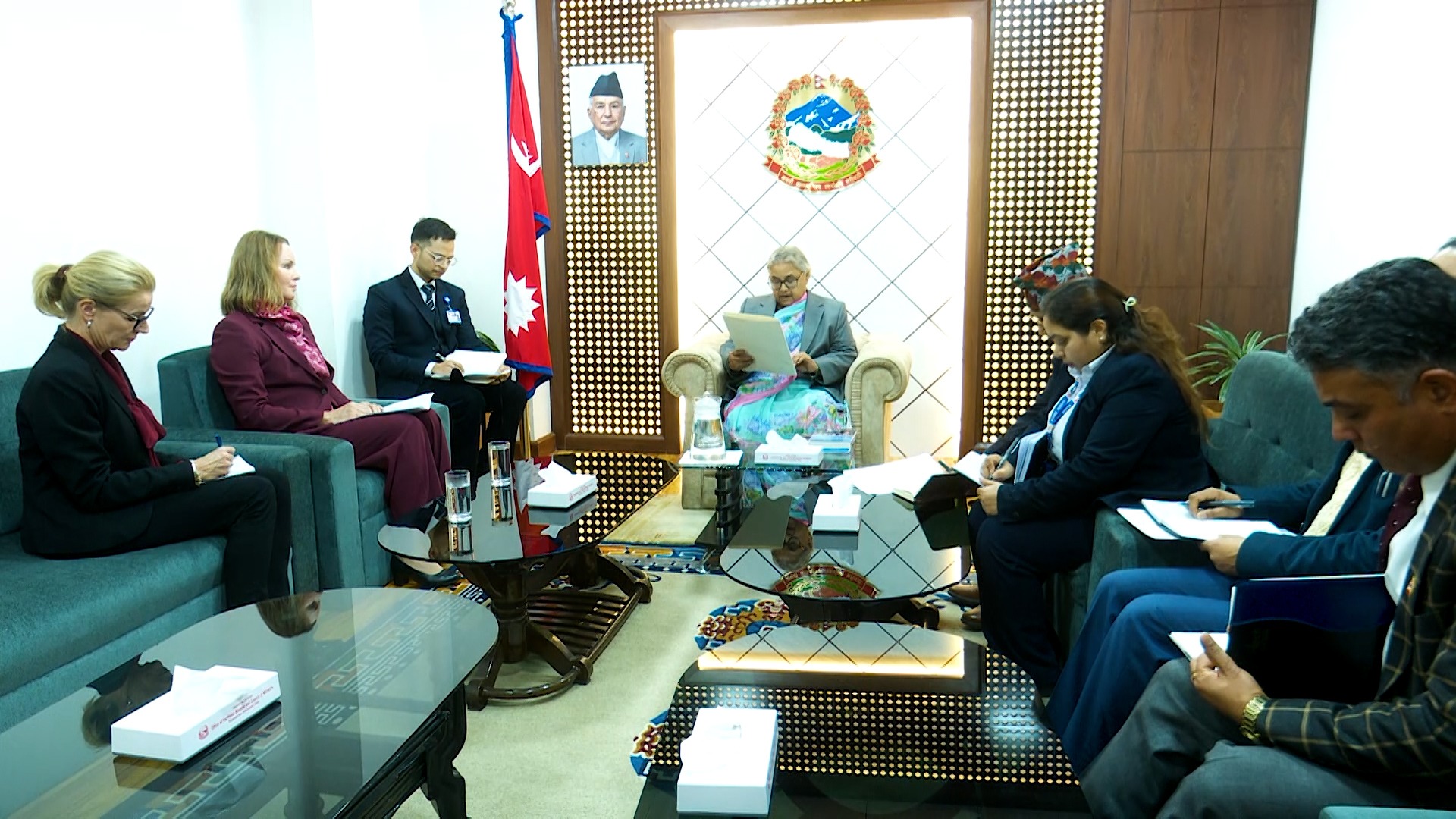Productivity on Life’s Journey: Strategies for Success Amidst Contemporary Turbulence

Charting productivity on life’s journey involves navigating through the turbulence of contemporary challenges with resilience and purpose. In a world filled with uncertainties, anxieties, and tensions, it’s essential to cultivate strategies for success. By setting clear goals, managing time effectively, prioritizing well-being, and embracing adaptability, individuals can thrive amidst adversity. Effective communication, creativity, and continuous learning further enhance productivity, enabling individuals to overcome obstacles and seize opportunities. Amidst the whirlwind of life’s trials, charting a course toward productivity empowers individuals to not only weather the storm but also emerge stronger and more fulfilled.
In the contemporary world, the journey of life often presents significant challenges, leading many individuals to encounter failure, anxiety, and frustration along the way. Whether it’s navigating personal setbacks, professional obstacles, or societal pressures, the path forward can seem daunting and uncertain. Despite these adversities, it is imperative to confront these challenges head-on and strive to move forward with resilience and determination.
Amidst the trials and tribulations, maintaining a sense of productivity becomes crucial. Productivity isn’t just about accomplishing tasks or meeting deadlines; it is about finding meaning and purpose in our actions, even in the face of difficulties. It is about harnessing our energy and resources to create positive outcomes, both for ourselves and for those around us. By embracing productivity amid adversity, we not only overcome obstacles but also set an example for others to follow.
Amid life’s trials, it is easy to lose sight of the bigger picture and succumb to feelings of despair or hopelessness. However, it is precisely during these challenging times that the true essence of productivity shines through. It’s about summoning the courage to persevere, even when the odds seem stacked against us. It is about finding creative solutions to seemingly insurmountable problems and refusing to be deterred by setbacks.
Moreover, productivity in the face of adversity isnot just about personal achievement; it’s also about making a positive impact on the world around us. By demonstrating resilience and determination in the face of challenges, we inspire others to do the same. We become beacons of hope and encouragement, showing that even in the darkest of times, there is always a path forward.
Ultimately, the journey of life is fraught with difficulties, but it’s how we respond to these challenges that define us. By embracing productivity in the face of adversity, we not only find meaning and purpose in our lives but also contribute to the collective resilience and strength of humanity. So, let us face life’s challenges head-on, strive for productivity, and become shining examples of resilience and determination for generations to come.
Ways to live a productive life
Living a productive life entails embracing habits and strategies that maximize personal effectiveness and fulfillment. Prioritize goal-setting to provide direction and motivation and efficient time management to optimize daily tasks. Cultivate a healthy lifestyle, encompassing physical activity, balanced nutrition, and mindfulness practices to enhance overall well-being. Foster continuous learning and skill development to adapt to evolving challenges and opportunities. Effective communication, both verbal and written, fosters collaboration and clarity in relationships and work settings. Embrace creativity and innovation to solve problems creatively and remain adaptable in dynamic environments. Ultimately, a productive life balances achievement with personal growth and fulfillment. Here I propose a few points to remain productive.
Set Clear Goals: Establishing clear, achievable goals provides direction and purpose, helping prioritize tasks and allocate time effectively.
Setting clear, achievable goals is foundational to living a productive life. By defining specific objectives, individuals gain a sense of direction and purpose, guiding their actions and decisions. Whether these goals pertain to personal growth, career advancement, or other areas of life, they serve as beacons to strive towards. Clarity in goals enables individuals to focus their efforts, avoiding distractions and unnecessary detours. Moreover, clear goals facilitate effective prioritization, allowing individuals to discern which tasks are most important and worthy of their time and energy. This clarity also enables the efficient allocation of resources, ensuring that efforts are directed towards activities that align with overarching objectives. Overall, setting clear goals provides a roadmap for success, empowering individuals to pursue their aspirations with purpose and determination.
Effective Time Management: Efficiently managing time involves prioritizing tasks, scheduling activities, and minimizing distractions to maximize productivity.
Effective time management is essential for achieving productivity and success in both personal and professional endeavors. At its core, it involves the strategic allocation of time to tasks and activities based on their importance and urgency. Prioritization lies at the heart of effective time management, allowing individuals to identify key tasks that align with their goals and allocate appropriate time and resources to them. By distinguishing between essential and non-essential activities, individuals can ensure that their time is spent on tasks that contribute meaningfully to their objectives.
Scheduling activities is another critical aspect of effective time management. By creating structured plans and timelines, individuals can organize their day efficiently, ensuring that each task is completed within the allotted time frame. This helps prevent procrastination and ensures that deadlines are met consistently. Moreover, scheduling allows individuals to anticipate potential bottlenecks or conflicts in their workflow, enabling them to proactively address them before they become problematic.
Minimizing distractions is equally important for optimizing productivity. In today’s digital age, distractions abound, ranging from social media notifications to interruptions from colleagues. Effective time management involves implementing strategies to mitigate these distractions, such as setting designated periods for focused work, turning off non-essential notifications, and creating a conducive work environment. By minimizing distractions, individuals can maintain their focus and concentration, allowing them to work more efficiently and effectively.
Effective time management is a cornerstone of productivity, enabling individuals to make the most of their time and resources. By prioritizing tasks, scheduling activities, and minimizing distractions, individuals can optimize their workflow, achieve their goals, and ultimately lead more fulfilling and successful lives.
Continuous Learning: Embrace lifelong learning by seeking new knowledge and skills, whether through formal education, self-study, or experiential learning.
Continuous learning is the cornerstone of personal and professional growth, fostering adaptability, innovation, and fulfillment throughout life’s journey. Embracing the ethos of lifelong learning involves an ongoing commitment to expanding one’s knowledge and skills, irrespective of age or stage in one’s career. This pursuit of learning can take various forms, including formal education, self-directed study, and experiential learning opportunities.
Formal education provides structured avenues for acquiring new knowledge and credentials, whether through traditional academic programs or specialized courses and workshops. These formal learning experiences offer valuable insights and expertise in specific fields, equipping individuals with the tools and qualifications necessary to advance their careers and pursue their passions.
In addition to formal education, self-directed study plays a crucial role in continuous learning. This mode of learning allows individuals to explore topics of interest at their own pace, leveraging resources such as books, online courses, and educational websites. Self-directed learners have the flexibility to tailor their learning experiences to their unique preferences and goals, fostering a sense of autonomy and ownership over their intellectual development.
Experiential learning complements formal education and self-study by providing hands-on opportunities to apply theoretical knowledge in real-world contexts. This could involve internships, apprenticeships, volunteer work, or other immersive experiences that offer practical insights and skills development. Experiential learning encourages reflection, critical thinking, and problem-solving, reinforcing learning outcomes and enhancing professional competence.
By embracing continuous learning, individuals cultivate a growth mindset, viewing challenges as opportunities for growth and development rather than obstacles to be avoided. Lifelong learners remain curious, adaptable, and open-minded, continuously seeking out new experiences and perspectives to broaden their horizons. Ultimately, the pursuit of continuous learning enriches lives, enhances career prospects, and fosters personal fulfillment, empowering individuals to thrive in an ever-changing world.
Healthy Lifestyle: Prioritize physical and mental well-being by adopting habits such as regular exercise, balanced nutrition, adequate sleep, and stress management techniques.
Prioritizing a healthy lifestyle is essential for overall well-being, encompassing both physical and mental health. Regular exercise forms a cornerstone of a healthy lifestyle, promoting cardiovascular health, muscle strength, and cognitive function. Combined with balanced nutrition, which includes a variety of fruits, vegetables, whole grains, and lean proteins, it provides the necessary nutrients for optimal bodily function and energy levels.
Adequate sleep is equally crucial, as it allows the body to rest, repair, and recharge, supporting immune function, mood regulation, and cognitive performance. Moreover, implementing stress management techniques such as mindfulness, meditation, or relaxation exercises helps alleviate the detrimental effects of chronic stress on physical and mental health.
By prioritizing a healthy lifestyle, individuals can enhance their quality of life, reduce the risk of chronic diseases, and improve overall resilience to stressors. Furthermore, a healthy lifestyle fosters a positive mindset, promoting greater self-confidence, motivation, and emotional well-being. Ultimately, investing in physical and mental health pays dividends in terms of increased energy, productivity, and longevity, enabling individuals to lead fulfilling and purposeful lives.
Maintain Focus and Concentration: Cultivate the ability to concentrate on tasks by minimizing multitasking, setting boundaries, and practicing mindfulness or meditation.
Maintaining focus and concentration is paramount for productivity and effectiveness in today’s fast-paced world. Multitasking, often viewed as a productivity booster, can actually lead to decreased efficiency and increased errors due to divided attention. Instead, individuals should prioritize single-tasking, dedicating their focus to one task at a time to achieve optimal results.
Setting boundaries is another crucial aspect of maintaining focus. Establishing clear guidelines for work hours, communication expectations, and personal time helps minimize distractions and interruptions, allowing for sustained concentration on tasks at hand. Additionally, practicing mindfulness or meditation can enhance focus by training the mind to remain present and attentive, despite external distractions or internal chatter.
By cultivating the ability to concentrate on tasks through mindful single-tasking and boundary-setting, individuals can maximize their productivity, creativity, and overall effectiveness in both professional and personal pursuits.
Effective Communication: Develop strong communication skills to express ideas clearly, listen actively, and collaborate effectively with others.
Effective communication is the cornerstone of successful interactions, both professionally and personally. Developing strong communication skills involves not only articulating ideas clearly but also actively listening to others’ perspectives. By fostering open and transparent dialogue, individuals can build trust, resolve conflicts, and foster collaboration. Effective communication enables the exchange of ideas, feedback, and information, facilitating smoother workflow and improved teamwork. Moreover, it promotes understanding and empathy, leading to stronger relationships and enhanced productivity. Overall, investing in effective communication skills is essential for navigating complex social dynamics and achieving shared goals in diverse contexts.
Embrace Creativity: Foster creativity by exploring new ideas, experimenting with different approaches, and thinking outside the box to solve problems innovatively.
Embracing creativity is pivotal for unlocking innovative solutions and driving progress in various domains. By actively engaging in exploration and experimentation, individuals can cultivate a mindset that encourages novel perspectives and unconventional problem-solving strategies. This involves challenging conventional thinking patterns, venturing beyond the familiar, and embracing ambiguity to discover fresh insights. Creative thinking fosters adaptability, resilience, and a willingness to take risks, leading to breakthroughs and advancements in diverse fields. Ultimately, by embracing creativity, individuals empower themselves to tackle challenges with ingenuity, adaptability, and a pioneering spirit, catalyzing positive change and innovation in both personal and professional spheres.
Adaptability and Resilience: Stay flexible and resilient in the face of challenges or setbacks, embracing change as an opportunity for growth and learning.
Adaptability and resilience are indispensable qualities for navigating life’s uncertainties and overcoming obstacles. By remaining flexible and open to change, individuals can effectively respond to unexpected challenges, shifting circumstances, and adversity with resilience. Embracing setbacks as opportunities for growth fosters a mindset of continuous learning and improvement. Cultivating adaptability enables individuals to thrive in dynamic environments, seize new opportunities, and innovate in the face of adversity. Resilience empowers individuals to bounce back from setbacks stronger and more resilient, equipped with valuable lessons and experiences that contribute to personal growth and success in the long run.
Prioritize Relationships: Invest time and effort in nurturing meaningful relationships with family, friends, colleagues, and mentors, as they provide support, guidance, and fulfillment.
Prioritizing relationships is foundational to a fulfilling and enriching life. Investing time and effort in nurturing meaningful connections with family, friends, colleagues, and mentors fosters a sense of belonging, support, and mutual understanding. These relationships provide emotional support during challenging times, offer guidance and encouragement in pursuing goals, and contribute to overall well-being and happiness. By cultivating strong bonds with others, individuals not only enrich their lives with love and companionship but also gain valuable insights, perspectives, and opportunities for personal and professional growth. Ultimately, prioritizing relationships enhances life satisfaction and creates a supportive network that sustains individuals through life’s ups and downs.
Give Back to Society: Contribute to the community or society through volunteering, mentorship, philanthropy, or advocacy, making a positive impact beyond personal achievements.
Giving back to society entails actively contributing to the well-being of others and the community at large. This can take various forms, including volunteering time and skills, offering mentorship and guidance to those in need, donating resources or funds to charitable causes, and advocating for social justice and change. By engaging in acts of service and philanthropy, individuals play a crucial role in addressing societal challenges, supporting marginalized communities, and fostering positive social change.
Volunteering provides hands-on opportunities to make a direct impact, whether by assisting those in need, participating in community clean-up initiatives, or supporting local organizations and charities. Mentorship offers guidance and support to individuals striving to achieve their goals, empowering them to reach their full potential and pursue meaningful paths in life.
Philanthropy involves contributing resources or funds to support causes that align with one’s values and priorities, such as education, healthcare, environmental conservation, or poverty alleviation. By donating to charitable organizations or establishing foundations, individuals can make a significant difference in addressing pressing societal issues and improving the lives of others.
Advocacy plays a crucial role in raising awareness, promoting social justice, and driving systemic change. By speaking out against injustice, advocating for policy reform, and amplifying the voices of marginalized communities, individuals can effect meaningful change on a larger scale.
Giving back to society goes beyond individual achievements and personal success—it embodies a commitment to making a positive impact and leaving a lasting legacy of compassion, generosity, and social responsibility. Through acts of service, philanthropy, mentorship, and advocacy, individuals contribute to building a more equitable, compassionate, and thriving society for all.
Celebrate Achievements: Acknowledge and celebrate milestones and accomplishments, both big and small, to maintain motivation and sustain momentum.
Celebrating achievements, no matter how big or small, is vital for maintaining motivation and sustaining momentum in personal and professional endeavors. By acknowledging milestones, individuals reinforce their sense of accomplishment and progress, boosting morale and confidence. This positive reinforcement fuels continued effort and determination, fostering a cycle of success and fulfillment. Whether it’s completing a challenging project, reaching a career milestone, or achieving a personal goal, taking the time to celebrate achievements cultivates a sense of pride and satisfaction. Moreover, celebrating successes builds resilience and optimism, providing a much-needed source of encouragement during times of adversity or setbacks.
Reflect and Iterate: Regularly reflect on experiences, learn from successes and failures, and adapt strategies accordingly to continually improve and grow.
Regular reflection on experiences, both successes and failures, is essential for continual growth and improvement. By analyzing past actions and outcomes, individuals gain valuable insights into what worked well and what could be done differently. This process of self-assessment enables the adaptation of strategies and approaches to optimize future performance. Embracing a mindset of continual iteration fosters innovation and resilience, empowering individuals to navigate challenges with agility and adaptability. Through this ongoing cycle of reflection and iteration, individuals can enhance their skills, expand their knowledge, and achieve greater success in both personal and professional endeavors.
In conclusion, just as medicine exists for physical ailments, solutions can be found for many of life’s challenges. Yet, when no solution is apparent, letting go of worry and staying engaged in productive activities is key to maintaining life’s productivity. Life reflects the state of our minds—joyful minds find joy, while pained minds find suffering. Thus, the choice to be productive and happy lies within us. Let’s embrace happiness and unity to make life’s journey fruitful and serene. Thank you.
Facebook Comment
latest Video
Trending News
- This Week
- This Month














